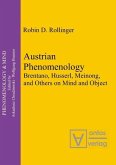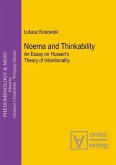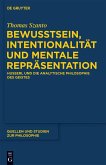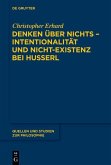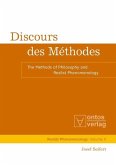The book sets out to analyze the notion of a priori justification and of a priori knowledge. The most influential explanations of the a priori within the contemporary analytic tradition are analyzed. It is shown that the theories which group around the notion of implicit definition ultimately entail that the propositions which can be known a priori are to be analyzed along conventionalist lines. It is argued that the notion of objective a priori knowledge requires a commitment to the existence of a faculty which is the source of and justifies that kind of knowledge. The existence and functioning of this faculty cannot be explained within a strictly naturalistic set of constraints. Attention to the phenomenology of justification (validation) both of observational and purportedly a priori statements however reveals that the naturalistic demands are based on an asymmetry thesis among perception (and credited genuine sources of justification) and rational insight which is false. Therefore it is argued that a corresponding symmetry thesis must be accepted, according to which rational insight should be regarded as a justification-conferring faculty. In the final part of the book it is argued that Husserl's conception of the analytic/synthetic distinction, and of concept constitution, allow for an objective interpretation both of analytic and synthetic a priori knowledge.
Dieser Download kann aus rechtlichen Gründen nur mit Rechnungsadresse in A, B, BG, CY, CZ, D, DK, EW, E, FIN, F, GR, HR, H, IRL, I, LT, L, LR, M, NL, PL, P, R, S, SLO, SK ausgeliefert werden.



